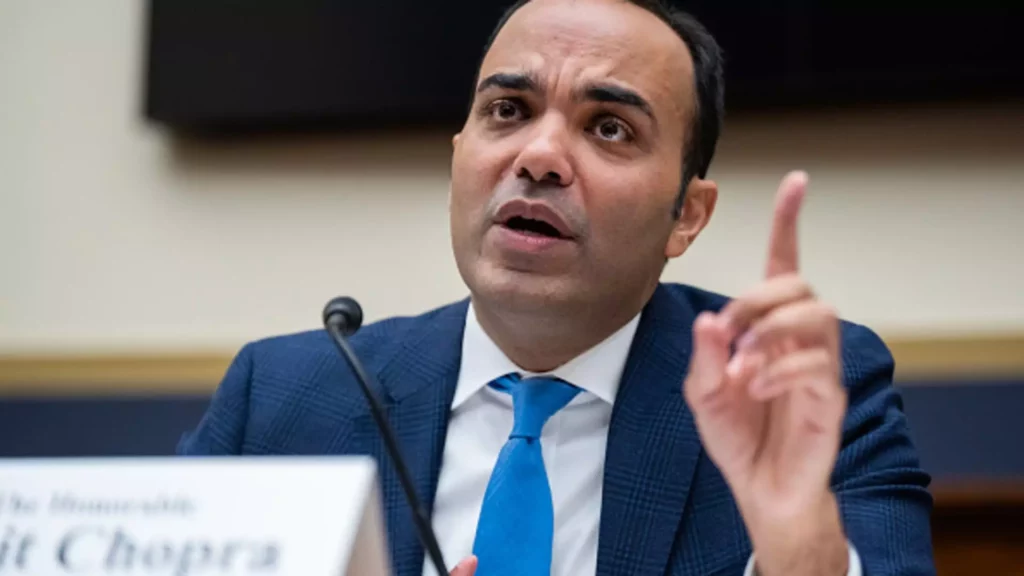![]()
The Consumer Financial Protection Bureau recently declared new rules that will impact the rapidly growing buy now, pay later industry. The agency’s interpretive rule has brought BNPL lenders under the same federal protections as traditional credit card providers, marking a significant shift in the regulatory landscape. This move is aimed at ensuring that consumers are adequately protected when using BNPL services offered by popular fintech firms like Affirm, Klarna, and PayPal.
Under the Truth in Lending Act, BNPL lenders are now required to provide refunds for returned products, investigate merchant disputes, pause payments during investigations, and disclose fees transparently on bills. These regulations are intended to guarantee that consumers receive the same level of protection whether they use a credit card or opt for a buy now, pay later option. CFPB Director Rohit Chopra emphasized the importance of upholding consumer rights in the evolving financial landscape.
The Consumer Financial Protection Bureau has been actively monitoring the BNPL industry, especially as the usage of digital installment loan services has surged in recent years. Concerns have been raised about consumers being overburdened with debt and potentially facing financial challenges due to the lack of adequate protections. The CFPB’s decision to regulate the industry comes after a thorough investigation to address these issues and ensure that consumer rights are safeguarded.
While some BNPL providers already offer refund and dispute resolution services, the new rule aims to standardize these practices across the industry. The rule will come into effect in 60 days, giving companies time to adjust to the new requirements. Public commentary is also being solicited to gather feedback on the regulations and make any necessary adjustments. It remains to be seen how BNPL companies will respond to these changes and whether there will be any opposition to the new rules.
BNPL providers have been anticipating increased regulation and have expressed concerns about being held to the same standards as credit card companies. Some companies have argued that their no-interest products are less risky for consumers compared to credit cards with high-interest rates. However, the CFPB’s focus is on ensuring that all financial products, including BNPL services, adhere to established consumer protection laws. While there may be resistance from industry players, it is essential to prioritize consumer welfare in any regulatory framework.
The CFPB’s move to regulate the buy now, pay later industry under the Truth in Lending Act marks a significant step towards ensuring consumer protection in the financial sector. By applying consistent rules and standards across different types of financial products, the agency aims to promote transparency and accountability in the industry. As the BNPL market continues to grow, it is crucial to have robust regulations in place to safeguard consumer interests and prevent potential financial risks. The implementation of these new rules will shape the future of the BNPL industry and its relationship with consumers.

Leave a Reply